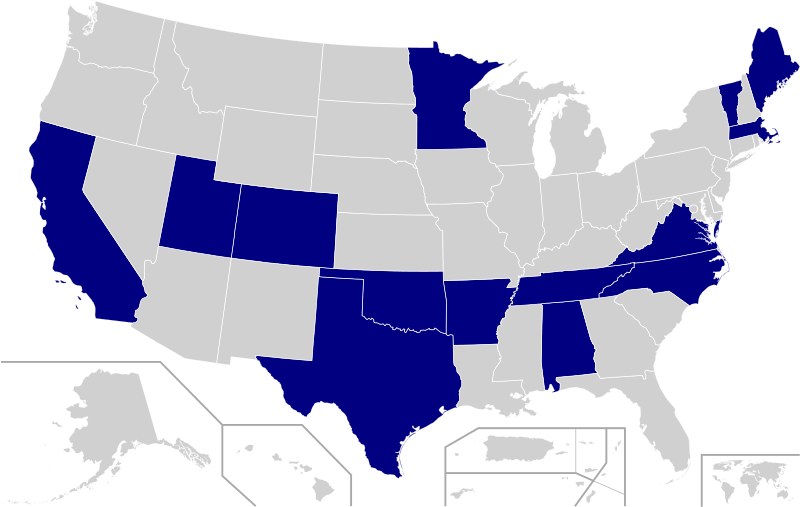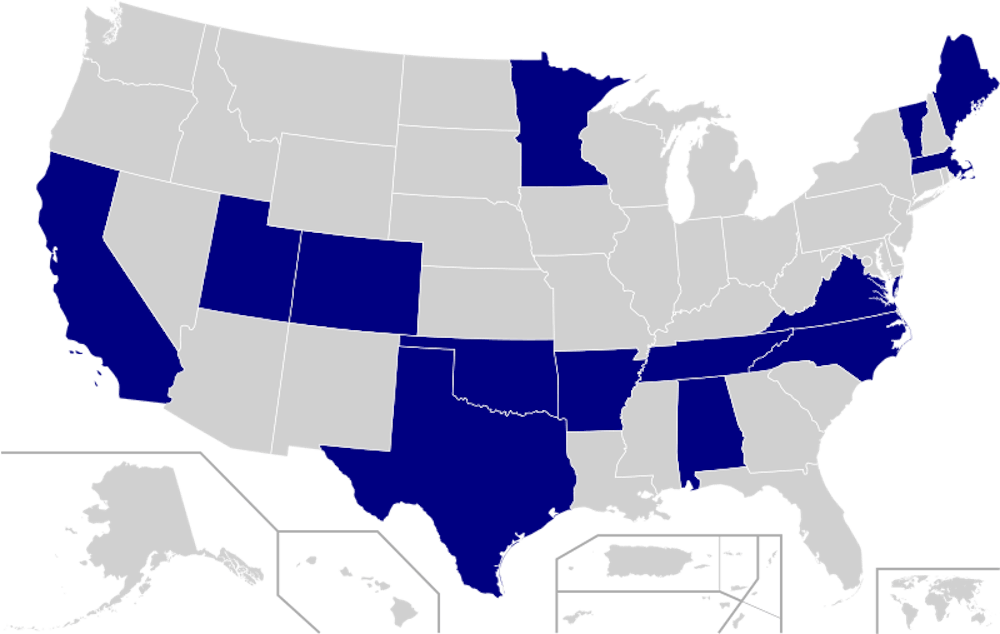In the most recent primary contests on March 10, former Vice President Joe Biden beat Vermont Senator Bernie Sanders in nearly every state. Biden was declared victor of four primaries including Idaho, Mississippi, Missouri and the most prized primary, Michigan.

Nevertheless, Sanders won North Dakota and seems likely to edge out Biden in Washington State.
According to The New York Times, Biden currently holds 857 pledged delegates, while Sanders has 709. In order to secure the nomination on the first ballot at the Democratic National Convention, a candidate must have 1,991 delegates.
With the dramatic shift in the Democratic contest in the past couple weeks, Professor of Political Science Patrick Fisher said Biden has gone from an underdog to prohibited favorite. Moreover, he said it would be a “massive upset if he were not to win the Democratic nomination now.”
Fisher explained that according to traditional political science models, Biden is a much stronger candidate than Sanders against President Donald Trump.
“I would say Sanders is a high-risk nominee since he is far to the left of anyone who has won a major party nomination before,” Fisher said. “Biden, on the other hand, is a relative centrist who has the overwhelming backing of the Democratic establishment.”
Moreover, Fisher said that one could argue that despite his age Biden would be about the lowest risk nominee possible.
“He certainly could lose to Trump in the general election, but he would be the traditional sort of safe choice,” Fisher said.
Sophomore political science major Catherine Wasson initially was supporting South Bend, Indiana Mayor Pete Buttigieg for president, but since he suspended his campaign Wasson has decided to back Sanders and hopes he wins the nomination.
Wasson said she is particularly disappointed about how the Democratic Party has treated women in the election. For instance, Wasson said U.S Representative for Hawaii’s 2nd Congressional District Tulsi Gabbard has not been recognized as a candidate who can participate in the next Democratic primary debate. She said she finds this fact saddening.
While in California, Wasson worked on the campaign for U.S. Representative for California’s 45th Congressional District Katie Porter and she said she experienced first-hand how poorly women in politics are treated.
“I spoke on the phone with voters who would not vote for Katie because she needed to raise her family,” Wasson said. “There is a plethora of stereotypes that women are in the process of breaking and the crowning achievement for both women and the Democratic Party would be to elect a female president.”
Senior public relations major Morgan Tirpak found herself interested in American entrepreneur Andrew Yang’s presidential bid. She said she was fascinated about Yang’s emphasis on artificial intelligence’s (AI) effect on the economy. Additionally, Yang’s idea for a universal basic income, Medicare for all, reducing student loan debt among other policy proposals interested Tirpak. However, Tirpak’s disappointment for Yang grew after he endorsed Biden for president.
“For him to endorse Biden, when Biden and Yang don’t see eye to eye on most things, comes as a shock,” Tirpak said. “I understand why he endorsed Biden, but still doesn’t come as any less of a shock.”
Tirpak said she will support Sanders moving forward as Yang’s policies most closely align with Sanders’ proposals.
Thomas Schwartz can be reached at thomas.schwartz@student.shu.edu.





